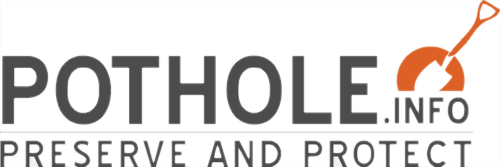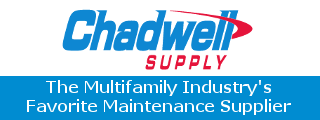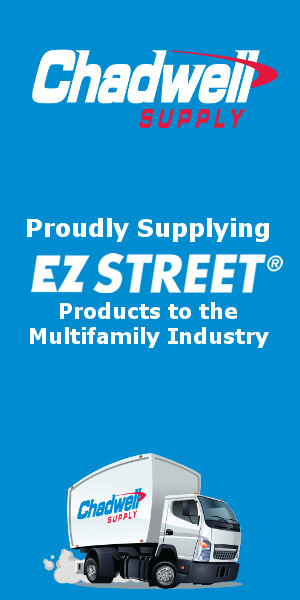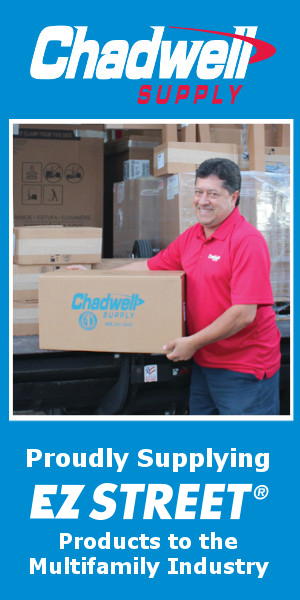 The media – social and traditional – has been on fire this week about potholes. More to the point, the extensive coverage and conversation is about who is fixing potholes. The fixer, by way of funding, is Domino’s Pizza.
The media – social and traditional – has been on fire this week about potholes. More to the point, the extensive coverage and conversation is about who is fixing potholes. The fixer, by way of funding, is Domino’s Pizza.
The chain is refreshingly transparent about their marketing angle in doing this. Even the press release concludes with a paragraph about buying a large, three-topping pizza ($7.99) so “customers can celebrate smooth roads.” But perhaps of greater importance to motorists is the 15,000-store chain is neatly encapsulating in this campaign several important points about how potholes affect us all:
Bumpy roads affect commerce. When potholes slow deliveries of pizza – and no one wants cold pizza – it’s bad enough. But entire business districts and regional economies can be affected by poor quality pavement. Pothole.info covered this a few years ago, pointing out the critical role of infrastructure in local economies.
Bumpy roads are everywhere. The Domino’s program (www.pavingforpizza.com) will dole out $5,000 grants to 20 eligible cities all across the country. Thus far the winners are Bartonville, Texas; Milford, Delaware; Athens, Georgia; and Burbank, California. The company is still accepting applications from other cities who wish to receive the grant.
Municipalities need help. Revenues to city, state and federal coffers aren’t keeping up with the natural wear and tear of asphalt. It’s been a long time – more than a decade – since a voter referendum has passed authorizing an increase in gas taxes and other road user fees. The California legislature bravely increased gas taxes and fees on electric vehicles in 2017 – but it may be a challenging factor to incumbent legislators seeking re-election in 2018.
Potholes can be repaired with a sense of humor. The Domino’s-fixed potholes are spray-chalk painted with the familiar red-and-blue pizza chain logo, accompanied with the tagline, “OH YES WE DID.”
Still, it makes sense that this company created something of this nature. We contacted Domino’s’ PR department and received a fast response (we think in about 30 minutes, about the time it takes to get a pizza delivered) about why this and why now. “We care about our customers and our pizzas and we know that potholes are a common concern for every driver (including our delivery drivers),” said a company spokesperson. “We didn’t need any data to know that this is a common tension around the U.S. and one that, in our unique way, we are hoping to help with.”
Most municipalities will take funding wherever they can get it. The city managers of one of the recipients, Milford, Delaware, wrote an op-ed piece in the Washington Post explaining why he applied for and took the Domino’s cash.
“I’ve worked in local government for 30 years, and attitudes toward taxes have been evolving,” wrote Eric Norenburg, who previously worked in a similar position for Oberlin, Ohio. “Our residents have legitimate expectations that we will be careful with their dollars and limit increases in their taxes. And, if taxing formulas and methodologies are perceived as fair to everybody and we demonstrate good stewardship of our resources, then hopefully fewer people will complain about paying taxes. My job, as a professional local government manager, is to identify the best alternatives to providing crucial city services in an equitable manner and then bring those recommendations to our policymakers. Sometimes that means creative financing. And sometimes that means letting Domino’s pick up the tab.”
So who else might join in the fight to level the pavement? Grub Hub? UPS? FedEx? The United States Postal Service? There will be lots of potholes left after Domino’s is done.





